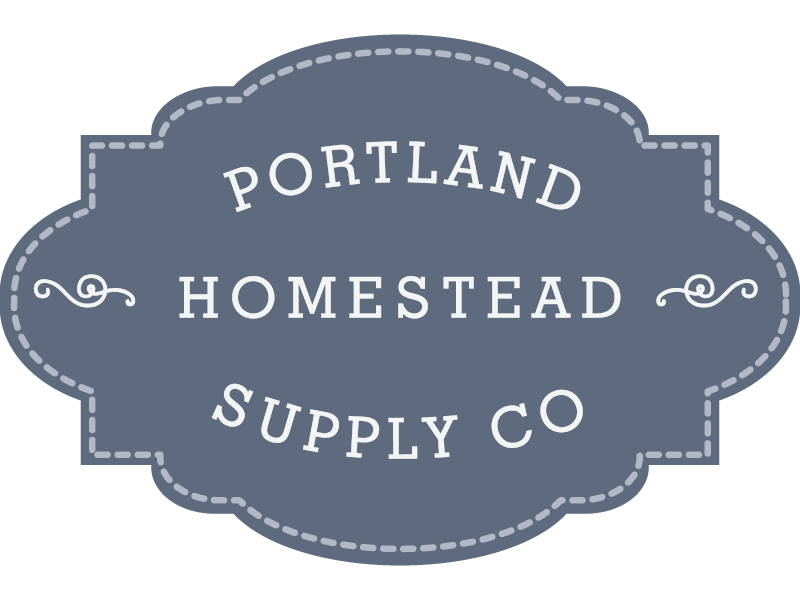The coronavirus pandemic has forced us to take a fresh look at many things, how our lives flow, and show what we can change in it. So many have turned to subsistence farming as a hobby that brings fresh herbs or eggs to their table. And it turned out to be exciting. To see how the result of your work from a small sprout turns into a fruit that you can eat is really mesmerizing. So many of us have not even thought about what, for example, strawberries look like before they get into dessert.
In addition, what is called small-scale agriculture turned out to be profitable and cheap. Moreover, it allows us to spend more time outdoors and add some physical activity to our lives, which will only benefit everyone, especially those who work most of the time sitting at the computer.
Among other things, subsistence farming gives us autonomy. As a result, we need to go to the store less often; we save on gas and generally save on groceries.
Advantages of Subsistence Farming
In fact, subsistence farming has a number of benefits for the individual as a whole. But it also compares favorably with agriculture in the usual sense, when entire fields are planted with one crop, and a large number of people and equipment serves them. You definitely won't need this in your backyard.
Cheap farming methods
In subsistence farming, you do not need expensive equipment such as automatic weeders, cow milking machines, tractors, and so on.
Simple and inexpensive weed and soil control methods will be enough for you to get healthy products.
No Need to Hire Employees
Your yard is likely not large enough to require the help of workers. You can handle the gardening yourself and involve a family member to help. Either way, crops rarely require daily attention.
If you decide to add several animals to the cultivation of crops, for example, chickens, this will expand the number of duties but will not make them critical or unfulfillable.
In addition, agricultural tourism is gaining popularity. So you can rent a room and get people to help out in the garden and get paid for it.
No Need for Special Skills
Of course, you will need to familiarize yourself with the basic rules for planting crops and caring for them. However, for this you do not have to sign up for a three-month course and pay money for it. For all the questions that you may have, the Internet will quickly and effectively help you find the answer.
In addition, you can always consult with sellers in stores, for example, about which irrigation system is best to choose or which plant will definitely take root in your garden, in case you do not completely trust the Internet.
Ready Meals Without Leaving Your Home
Prepared food for the family is one of the benefits of subsistence farming. And in conditions of crises and inflations, this is more important than ever.
If the size of your yard allows, your small farm can be the main source of food for your family. Of course, provided that you still get, for example, chickens or even a cow.
In this case, any concern about the products will come to naught. You will always be sure that you have something to feed your family.
Perennial Crops Save Time and Energy
When subsistence farming, grow perennial crops, save seeds, and reap the benefits of planting perennial crops.
Perennial grasses do not require replanting, which in turn provides the following benefits:
- Use of annual rainfall. The roots of perennial crops grow underground, allowing the plant to use the water reserves in the deep layers of the soil. The roots also have access to plenty of available rainwater because they stay in the ground throughout the year.
- Reduces soil erosion. The extensive root systems of perennial crops grow eight to ten feet deep. This reinforcement prevents soil erosion. Reducing topsoil leaching also reduces the need for nitrogen fertilizers and agrochemicals, which are sources of pollution in rivers and streams.
Environmental Friendliness
It is worth starting with the fact that you will be confident in the environmental friendliness of your products since you have grown them yourself. No additives, growth stimulants, or other chemicals - your cucumbers, tomatoes, and apples will be natural.
In addition, you contribute to the environmental friendliness of the planet. For example, you consume less gasoline for trips to the stores and reduce the turnover, which, accordingly, reduces the entire chain from growing crops on a large scale, their transportation, and other associated costs. You may think that this is quite a bit. But for world ecology, every person and his contribution is important.
How to Make Money from Subsistence Farming
In fact, everything here is quite simple. Let's say your apple tree is sprinkled with fruits. You eat them for breakfast and lunch, bake pies, and even make jam. What to do with excess apples? Of course, to sell. And this applies to everything - fruits, vegetables, berries, chicken eggs, or milk.
A surplus can be sold to neighbors to start. However, if you really have many extra products, you can negotiate with a small store and deliver your goods there.
